Max Littman, LCSW
October 20, 2025
In therapy, there are many moments when our client’s pain is attached to someone else. They might involve a parent’s criticism, a partner’s withdrawal, or a friend’s betrayal.
When a client shares feeling wounded by another person, I listen for two systems: their own and the one they’ve been entangled with. It is not about blaming or excusing the other, but about discerning what belongs to whom. The parts of a parent who shamed, a partner who withdrew, or a friend who lashed out can be seen as carrying burdens of their own.
To name that isn’t to minimize harm. It is to create enough space for a client’s own parts to see and step out of the fusion. Sometimes I’ll say something like, “It sounds like that may have been their protector speaking,” or, “That reaction might have come from a burdened part of them.” If it’s offered gently, well timed, and with attunement, my client’s body and breathing visibly relax. They realize they do not have to take on the whole weight of what happened.
This is where the wisdom of IFIO (Intimacy from the Inside Out) becomes invaluable, even in individual work. IFIO, the branch of IFS developed by Toni Herbine-Blank for couples, teaches us how to stay with the felt experience of our own parts while recognizing another’s. It’s a relational choreography of boundaries and empathy, where Self, individual and collective, can witness all parts from all systems involved.
Though I work only with individuals, I find that the spirit of IFIO belongs everywhere. It invites Self energy into moments of deep relational pain without dismissing or bypassing rupture, anger, rage, or grief. When clients begin to see that another’s actions may have come from their unhealed system, they can begin to approach their relationships differently—getting hurt without taking on the burdened energy coming from the other.
I also think of Richard Schwartz’s book You Are the One You Have Been Waiting For, which reframes relationships through the lens of inner multiplicity. It reminds us that while love from others can be deeply healing, it cannot substitute for the relationship we build with our own parts. When our clients begin to see the burdened systems that wounded them, they often also begin to notice the undamageable Self at their core.
Burdens Tangled With a Partner
Romantic relationships often awaken the most tender and reactive parts of us. Partners can reach depths that no one else can touch. The same openness that makes intimacy possible also exposes what has not yet healed. When clients speak about being hurt by a partner, it can be tempting for both of us to focus only on the visible dynamics—what was said, what was done, or what was withheld. But underneath these moments are two nervous systems, two collections of protectors and exiles, meeting in a charged and sometimes painful dance. This dance often is a reprise of the long, unfinished story between exiles and protectors of both systems.
I try to help clients see their partner not as “the problem,” but as another system—one with its own history, burdens, and protectors acting from pain. This does not excuse harm or call for premature forgiveness. Instead, it widens the frame so the client can locate themselves again, to feel the difference between their parts and the partner’s. The goal is not reconciliation; it is clarity.
Sometimes that clarity reveals that the relationship is no longer workable. Other times, it allows the client to re-engage with less reactivity and more Self energy, creating the possibility for repair. Either way, seeing both systems with compassion helps release the part that carries all responsibility or shame. The client can hold anger and empathy at once, knowing both have a place in healing.
Befriending Parent Protector Parts
Colleen West teaches about parent protector parts: those within us that remain fiercely loyal to our parents and cannot bear to see them criticized or blamed. These parts often carry an encoded allegiance—an unspoken promise to protect the parent’s image, preserve familial belonging, or maintain the perception of safety. To question the parent can feel like betrayal; to acknowledge harm can feel like being cut off from a parent’s love.
When we approach these protectors thinking in and using IFIO language that differentiates systems, we can respect and befriend all parts involved. Instead of saying, “Your mother hurt you,” we might suggest, “A part of her, likely carrying its own burdens, acted in a way that deeply hurt a part of you.” This framing honors the complexity of both sides without flattening either. It can help a parent protector part see that understanding the parent’s system is not the same as condemning the parent.
Often, these parent protectors soften when they sense that Self energy isn’t out to attack, sever ties with, or discredit anyone, but to bring clarity and care to what truly happened—to separate acts and feelings from identity. Through this lens, loyalty transforms—from defending the parent’s image to protecting the child within who longed for attunement. Befriending the parent protector becomes an act of deep respect: not just for the parent’s humanity, but for the protector’s unwavering devotion and the love beneath it.
Unmerge and Emerge
The process of unmerging—of gently stepping out of another’s emotional system—is what allows emergence to happen. The careful use of IFS language in these moments is an act of attunement itself. Too much theory, and it risks intellectualizing pain. Too little, and the client may remain merged with someone else’s burdens. When held with discernment, this language helps the client step back just enough to see both systems clearly: theirs and the other’s.
In that small but profound space, compassion and clarity begin to seep in and coexist. The wound no longer defines the client. It becomes something that happened in the meeting of two complex, burdened systems—and something that, through Self energy, can finally begin to loosen its hold.
For feedback and comments, I can be reached at max@maxlittman.com.
I provide consultation and therapy for therapists.
Purchase my new book IFS Therapy for Gay and Queer Men here.
